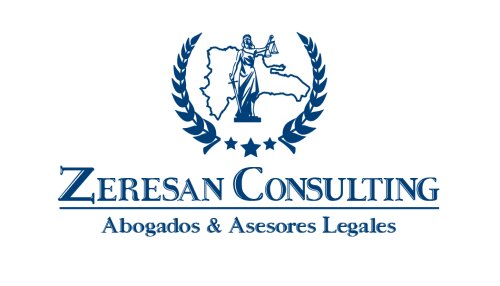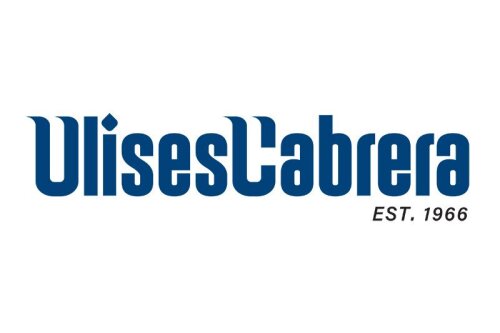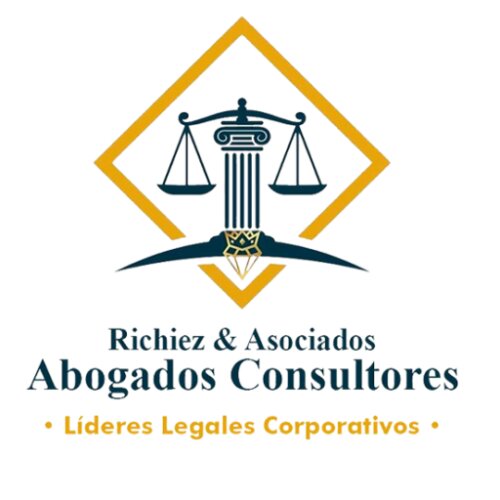Best Real Estate Lawyers in Dominican Republic
Share your needs with us, get contacted by law firms.
Free. Takes 2 min.
Free Guide to Hiring a Real Estate Lawyer
Or refine your search by selecting a city:
List of the best lawyers in Dominican Republic
About Real Estate Law in Dominican Republic
The Dominican Republic, a vibrant Caribbean nation, offers enticing opportunities for investing in real estate, driven by its growing tourism industry and attractive geographical landscape. Real Estate Law in the Dominican Republic governs all transactions related to the ownership, rental, lease, and transfer of properties, whether residential, commercial, or agricultural. Its legal framework ensures the protection of both local and foreign investors, making it an appealing destination for property investment. However, the legal landscape can be complex, requiring careful navigation to ensure compliance with local regulations.
Why You May Need a Lawyer
Engaging in real estate transactions in the Dominican Republic can present various challenges where legal assistance becomes essential. Here are some common situations where you may need a lawyer:
- Buying or selling property: To ensure a smooth transaction and address any legal complexities.
- Foreign investment: Navigating laws regarding foreign ownership and investment in real estate.
- Reviewing contracts: Ensuring that contracts are legally binding and protective of your interests.
- Resolving disputes: Handling any legal disputes with tenants, landlords, or developers.
- Tax compliance: Understanding the tax implications of real estate transactions.
Local Laws Overview
The Dominican Republic has specific laws that are crucial for real estate transactions:
- Registering Property: All properties must be registered with the Title Registry Office to ensure legal ownership.
- Deslinde Process: A legal requirement for clearly defining the boundaries of a property, crucial for obtaining a definitive title.
- Foreign Ownership: There are no restrictions on foreign ownership, however, certain investment procedures must be followed.
- Taxation: Includes transfer taxes, property taxes, and potential exemptions available under certain conditions.
- Condominium Law: Governs the rights and obligations of condominium ownership and common areas.
Frequently Asked Questions
What is the process of buying property in the Dominican Republic?
The process typically involves signing a promise of sale contract, conducting due diligence, completing the deslinde process, signing the final purchase agreement, and registering the property.
Can foreigners buy real estate in the Dominican Republic?
Yes, foreigners can buy property without restrictions. However, they must comply with local legal processes and tax obligations.
What taxes are associated with real estate transactions?
Taxes include a transfer tax (around 3% of the property value), annual property taxes, and potential capital gains tax upon resale.
What is the "deslinde" process?
Deslinde is the legal process of demarcating property boundaries, ensuring the issuance of a definitive title and clear ownership.
Do I need a real estate attorney for transactions?
While not legally required, hiring a real estate attorney is advisable to ensure all legal aspects are handled properly and to protect your interests.
What should I consider during due diligence?
Due diligence should include verifying the property's legal status, checking for liens or encumbrances, and confirming the seller's ownership.
How does property inheritance work?
Inheritance is governed by local laws, which may include mandatory inheritance shares for certain family members.
What is the role of a notary in real estate transactions?
A notary in the Dominican Republic can authenticate documents, but it's crucial to have a lawyer for legal advice and to draft contracts.
Are there financing options available for property purchases?
Yes, financing is available through local banks, although interest rates and terms may differ for foreigners.
What are the common pitfalls to avoid?
Pitfalls include insufficient due diligence, not understanding contract terms, and not registering the property correctly.
Additional Resources
For further assistance, consider reaching out to the following resources:
- The General Directorate of Internal Taxes (DGII): Offers insights into property tax regulations.
- Supreme Court's Property Registry Office: Handles property title registrations and legal documentation.
- Dominican Republic Real Estate Association (ADHI): Provides resources and support for real estate professionals and investors.
Next Steps
If you're considering a real estate transaction in the Dominican Republic, it is wise to consult with a qualified local attorney experienced in real estate law. Start by researching legal professionals and real estate agents with a verified track record. Engage in initial consultations to understand your needs better and form a strategic approach to your real estate dealings. Ensuring legal compliance and safeguarding your investments is paramount, making professional guidance invaluable.
Lawzana helps you find the best lawyers and law firms in Dominican Republic through a curated and pre-screened list of qualified legal professionals. Our platform offers rankings and detailed profiles of attorneys and law firms, allowing you to compare based on practice areas, including Real Estate, experience, and client feedback.
Each profile includes a description of the firm's areas of practice, client reviews, team members and partners, year of establishment, spoken languages, office locations, contact information, social media presence, and any published articles or resources. Most firms on our platform speak English and are experienced in both local and international legal matters.
Get a quote from top-rated law firms in Dominican Republic — quickly, securely, and without unnecessary hassle.
Disclaimer:
The information provided on this page is for general informational purposes only and does not constitute legal advice. While we strive to ensure the accuracy and relevance of the content, legal information may change over time, and interpretations of the law can vary. You should always consult with a qualified legal professional for advice specific to your situation.
We disclaim all liability for actions taken or not taken based on the content of this page. If you believe any information is incorrect or outdated, please contact us, and we will review and update it where appropriate.
Browse real estate law firms by service in Dominican Republic
Dominican Republic Attorneys in related practice areas.
Browse real estate law firms by city in Dominican Republic
Refine your search by selecting a city.















